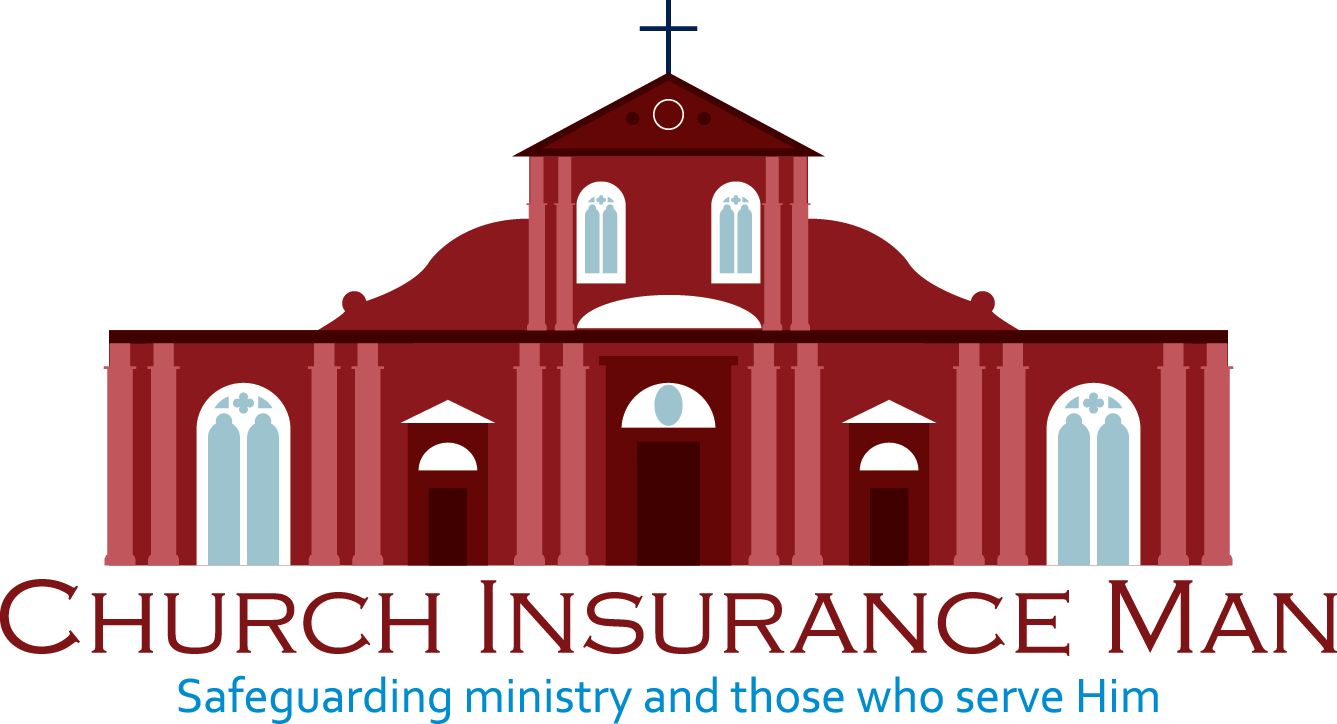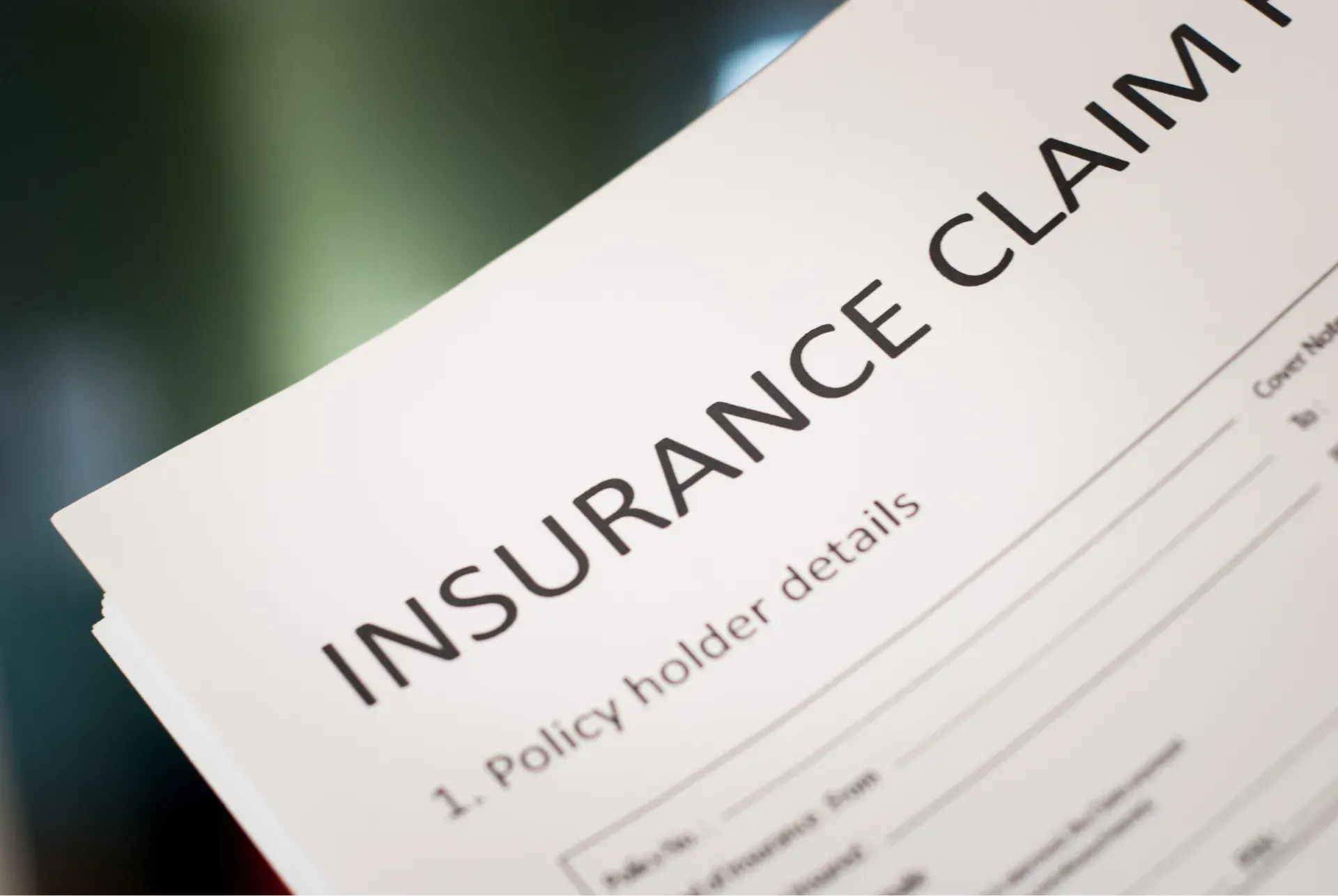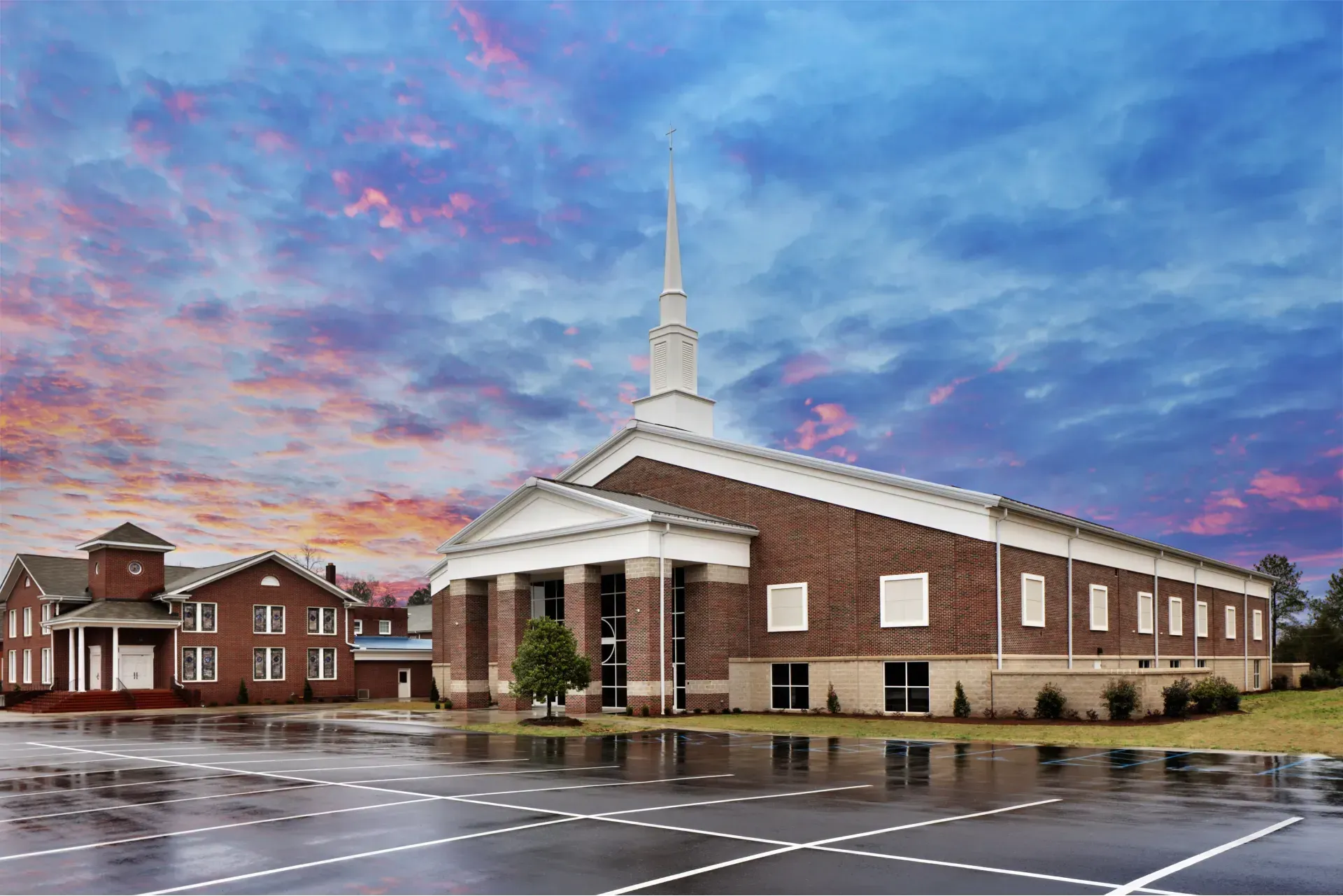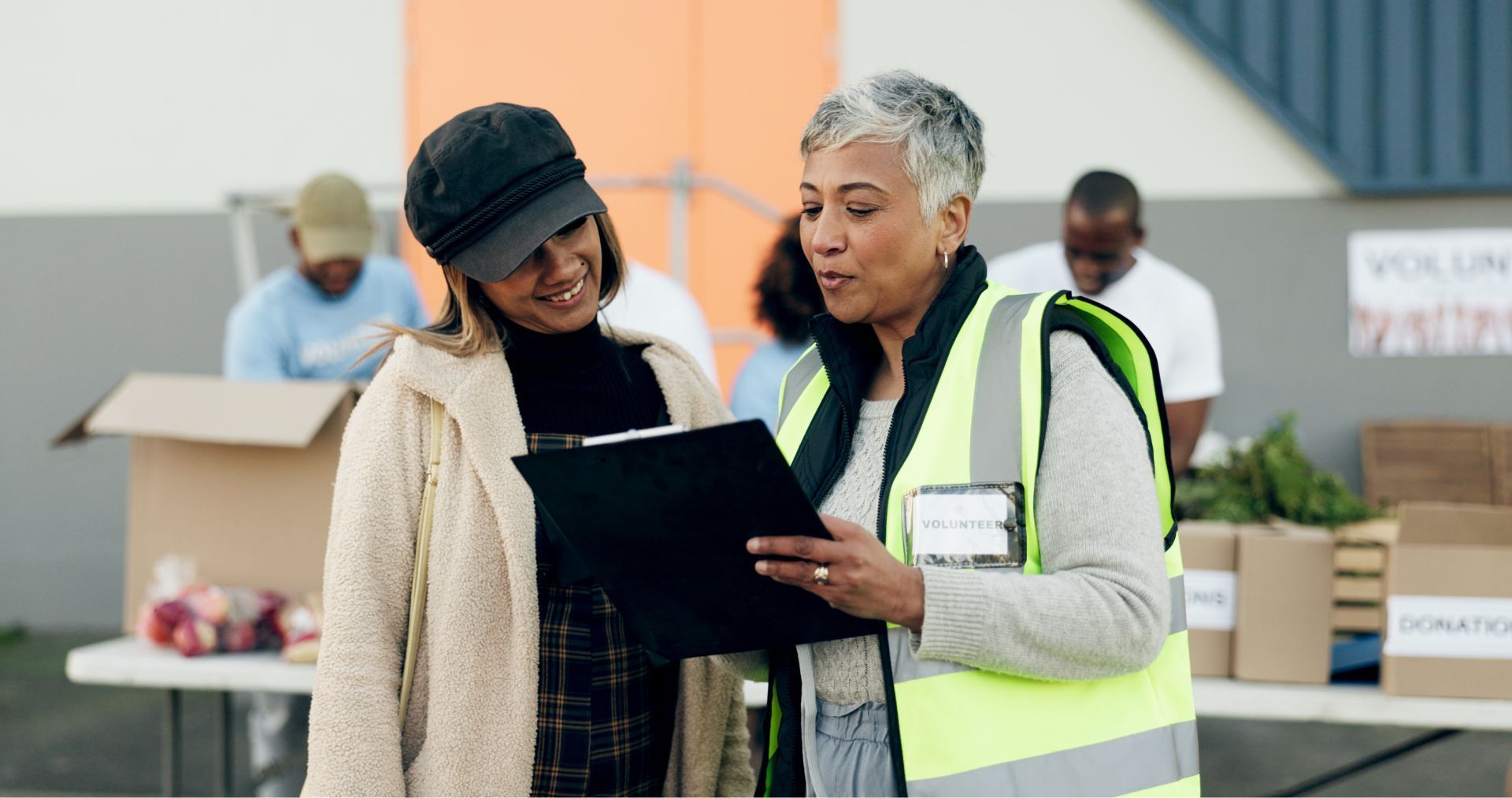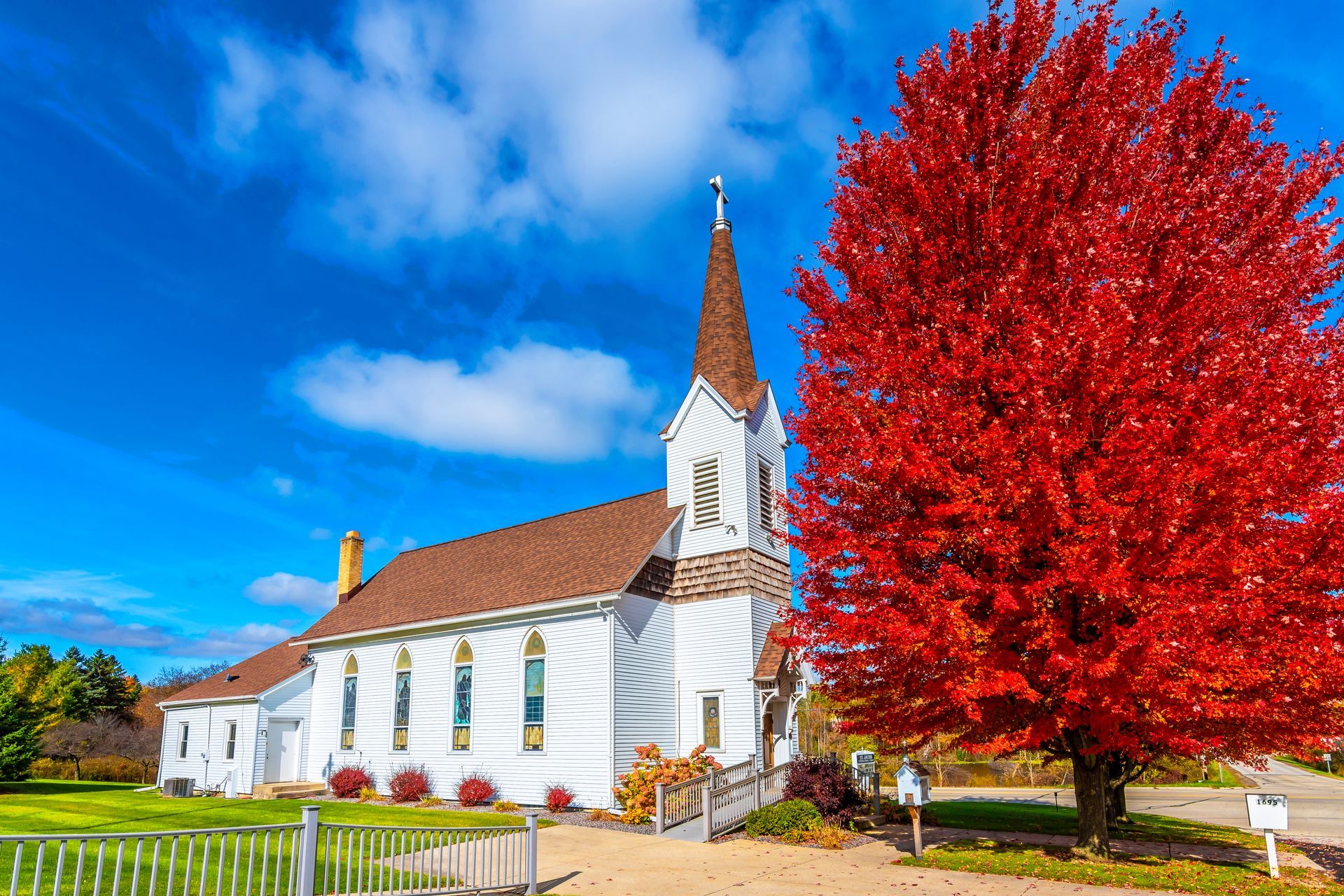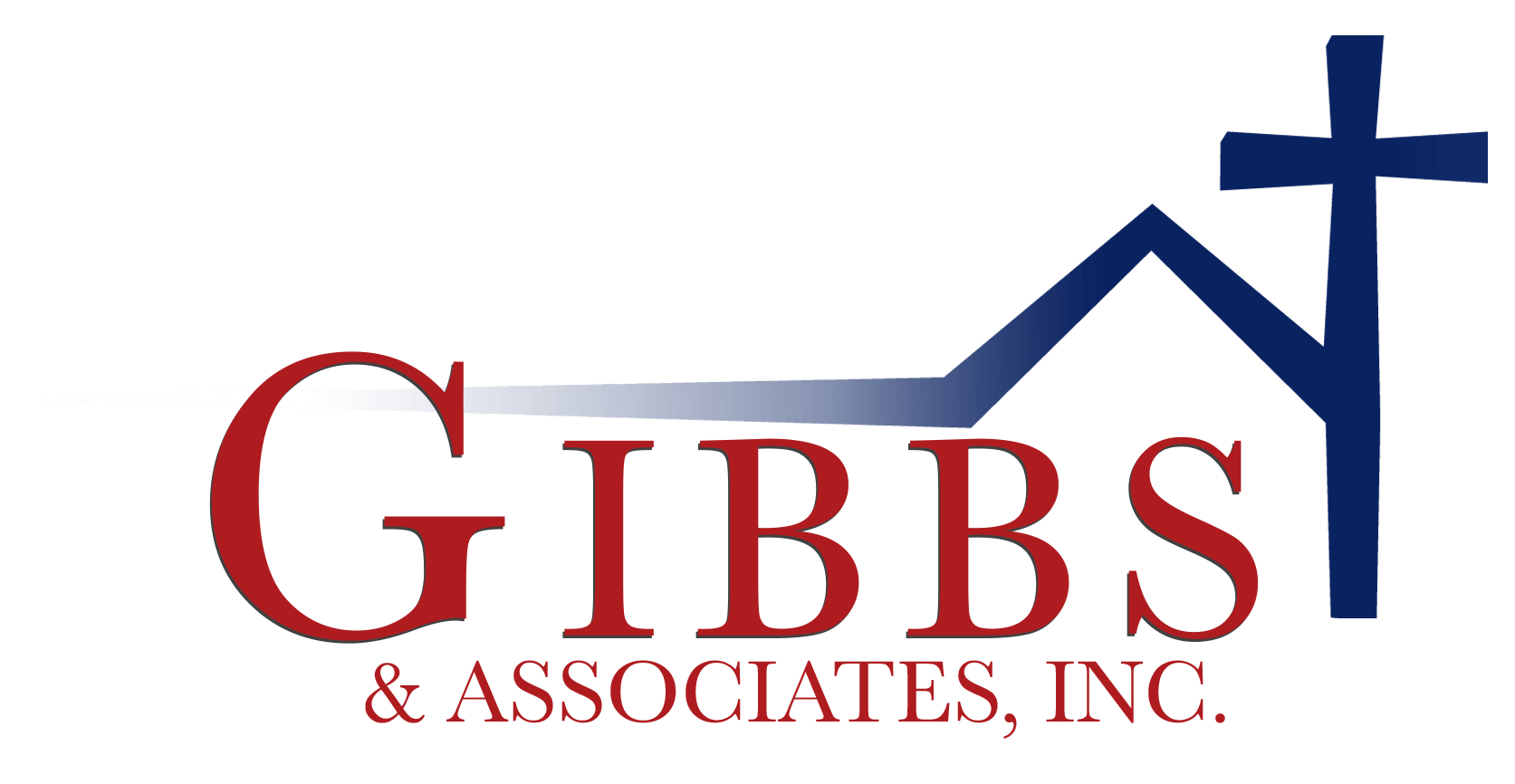The Role of Insurance in Church Renovation and Expansion Projects
Planning for Growth With Confidence
When churches undertake renovation or expansion projects, it marks a significant step forward in ministry growth and community outreach. These projects represent more than just bricks and mortar—they symbolize vision, faith, and a commitment to serving people more effectively. However, construction also brings added risks, many of which may not be covered under a church’s standard insurance policy.
At Church Insurance Man, we understand the specific needs of Christian ministries, especially during periods of change and development. Ensuring proper insurance coverage during building projects is essential to protect your investment and maintain peace of mind throughout the process.
Common Risks During Church Construction
Property Damage
Construction sites are particularly vulnerable to fire, theft, and weather-related damage. Materials stored onsite may be targeted by thieves, while incomplete structures can be damaged by storms or fires. Without the right coverage, replacing stolen or damaged items can significantly delay the project and increase costs.
Liability Issues
Injuries are another common concern on construction sites. Whether the work is being performed by licensed contractors, volunteers, or church staff, any accident on church property could result in costly liability claims. Slips, falls, equipment mishandling, and structural failures during construction can all create legal and financial complications.
Delays and Budget Overruns
Even with careful planning, construction projects frequently encounter delays, whether due to weather, supply chain issues, or permit complications. These delays can cause budget overruns and lost opportunities for ministry if not addressed with appropriate insurance support.
Recommended Insurance Coverage
Builder’s Risk Insurance
Builder’s risk insurance is a vital component of any church construction project. This policy covers the building materials, equipment, and structures under construction. It helps protect the financial investment from losses due to theft, vandalism, fire, and certain weather events.
The coverage period typically begins before ground is broken and ends once the project is completed and ready for use. Having this policy in place ensures your church won’t bear the full cost of unexpected setbacks during construction.
General Liability Insurance
General liability coverage is necessary for protecting the church against claims of bodily injury or property damage that occur on the job site. This includes claims from visitors, contractors, or even volunteers who may be injured during the construction process.
While contractors typically carry their own general liability insurance, having a separate policy ensures that the church is not left vulnerable if a claim exceeds the contractor’s limits or if an incident is unrelated to their scope of work.
Equipment Coverage
Churches often rent or purchase tools and equipment during expansion projects. Equipment coverage ensures that items like lifts, power tools, or sound and lighting gear are insured in case of damage or theft. Since this equipment may be stored temporarily onsite, it's important to verify that it’s included in the church’s policy or covered under a separate equipment floater.
Workers’ Compensation
Georgia law requires employers with three or more employees to carry workers' compensation insurance. If the church hires workers directly—rather than through a contractor—workers' comp coverage becomes the church’s responsibility. This insurance pays for medical care and lost wages in the event of job-related injuries.
Churches relying on volunteers or casual labor should still consider accident coverage or supplemental policies to protect everyone involved in the project.
Tips for a Secure Building Process
Review Contractor Coverage
Before starting construction, confirm that all hired contractors are licensed and carry adequate insurance, including general liability and workers' compensation. Request certificates of insurance and verify policy details to ensure there are no gaps in protection.
Churches should also ask contractors to list the church as an additional insured party. This adds another layer of protection in case a claim arises from the contractor’s work.
Communicate With Your Insurance Provider
Keep your insurance agent informed throughout every phase of your project. Provide details such as the start and end dates, the scope of the renovation, and the value of materials used. This allows your agent to adjust policies or recommend additional coverage as needed.
Church Insurance Man is committed to maintaining close communication with our clients during major projects to help avoid lapses in protection.
Update Policies After Completion
Once the renovation or expansion is complete, it's essential to update your property insurance to reflect the increased value of your facilities. Failing to do so could result in underinsurance in the event of a future claim.
Consider reappraising your property and reviewing your coverage limits with your insurance provider. This will ensure that your investment is protected long after the construction dust has settled.
Build With Protection and Peace of Mind
Church renovations and expansions represent exciting opportunities to grow in faith and outreach. But they also bring complex risks that require specialized insurance solutions. From builder’s risk insurance to equipment protection and post-construction updates, every stage of your project needs thoughtful planning and support.
At Church Insurance Man, we specialize in helping churches navigate these transitions with confidence. Our team is experienced in Georgia’s insurance requirements and the specific risks churches face when expanding their ministries.
Contact Church Insurance Man today to ensure your church is properly protected throughout your renovation or expansion.
